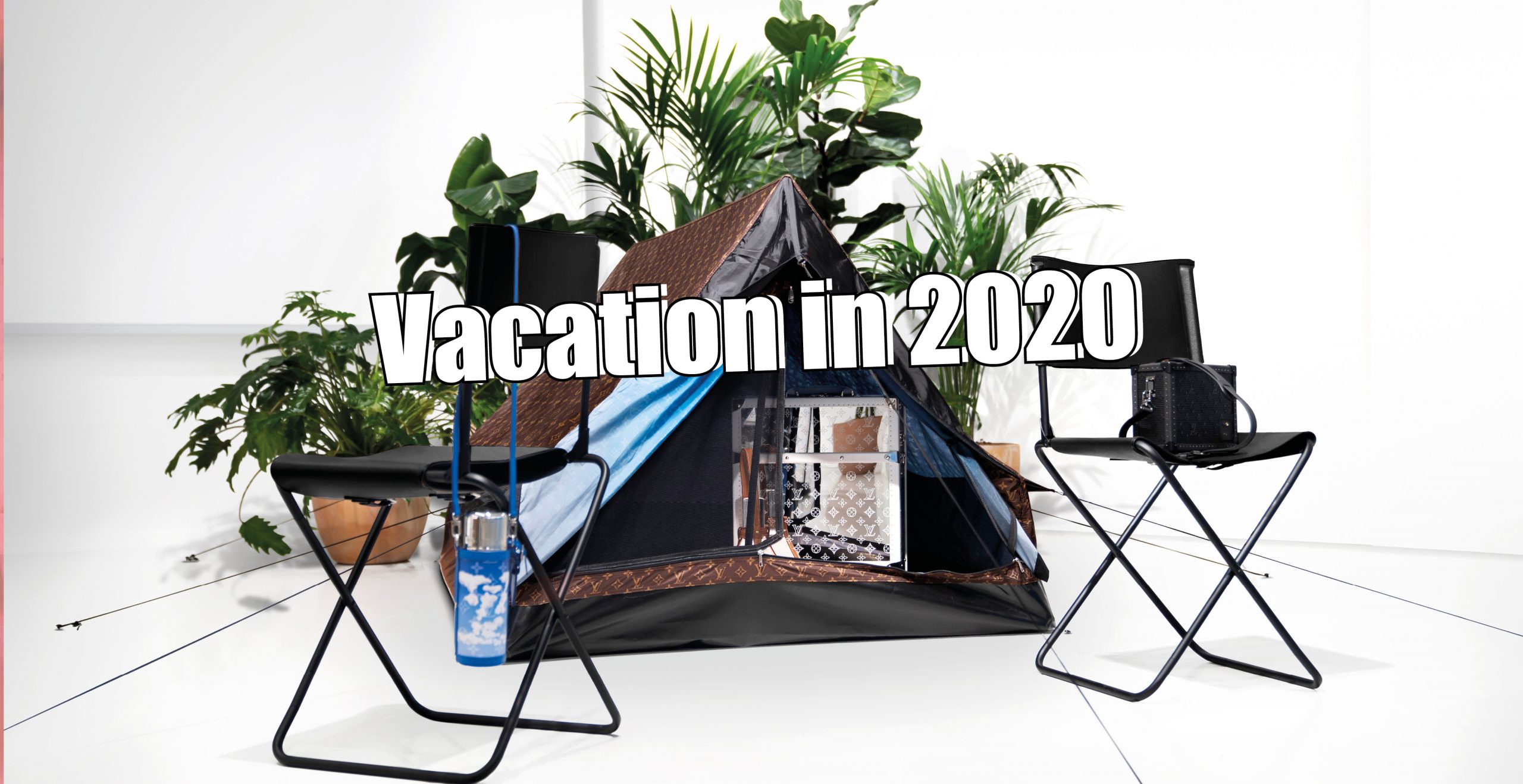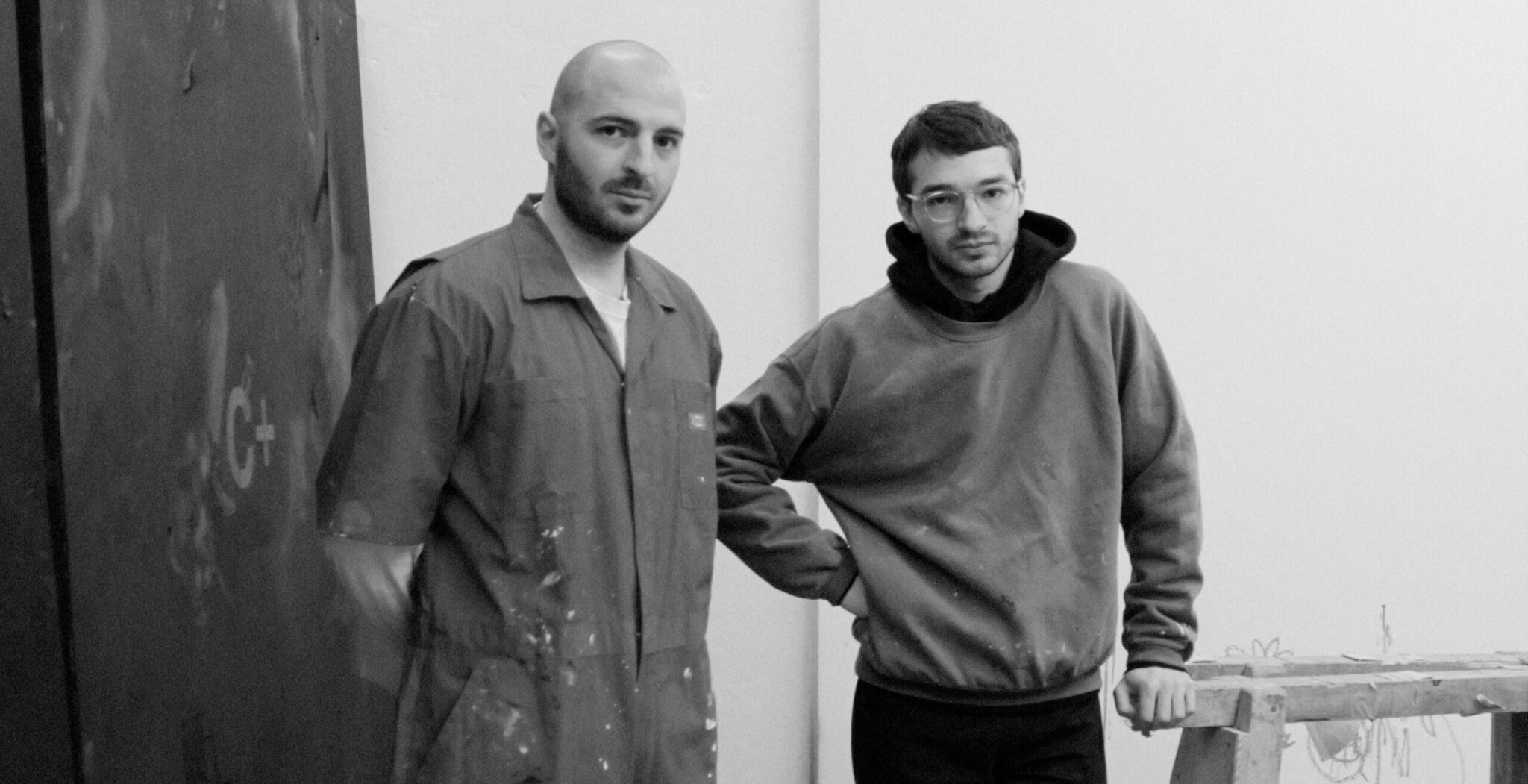For this year’s Berlin Fashion Week, tag along with me to get to know some of the Black and African-owned brands that are represented this year. Brands like Buzigahill, PALMWINE IceCREAM, or Orange Culture, who are debuting on the Berlin runway, will hopefully leave a lasting impression on a fashion scene that could use a breath of fresh air. They use their platform to talk about societal issues and put African fashion on an international radar, proving that combining fashion, social commentary, and sustainability is not as difficult as you may think. Over the last years, African brands have been redefining environmental fashion by embracing traditional techniques, innovating recycled materials, utilizing local products, and promoting ethical production. It’s about time they receive global recognition.
To set the tone for the day, I’m wearing my Babe Youth Affirmation Dress by the Ghanaian streetwear brand Free The Youth, which is a collective of young creatives determined to empower African youth and connect art scenes around the world. I pick my afro to be as big and bold as possible and then rush out the door to meet Cora, co-founder of uns* agency. We’re on our way to NOMMO, a curated platform centering fashion, art, and culture from the African continent and diaspora, founded by Stella Owosu and Frida Dornhof.
With a handpicked selection of creatives that challenge the status quo, reclaim narratives, and reshape luxury, NOMMO’s vision is to build sustainable infrastructure and visibility for African and diasporic designers in Europe, starting with a permanent concept store and showroom in Berlin. They’re not only exhibiting fashion brands but also jewelry designers, an eyewear label, and the work of visual artists, most of whom are presenting their work in Germany for the first time. With some of the designers present, we get an in-depth introduction to their work and talk about inspirations and collaborations. The showrooms are divided into streetwear and luxury, each of them beautifully set up so that art complements the clothes and the clothes complement each other. We’re met with a warm atmosphere and delicious food by Eat.Africa. and with the blazing heat and blue skies, it almost feels like you’re on the continent.
Then it’s time to start heading to Buzigahill’s runway debut Return To Sender 11, marking creative director Bobby Kolade’s return to BFW. The designer, who grew up between Kampala and Lagos, has worked for Balenciaga and led his namesake label in Berlin. Kolade then returned to Uganda in 2022 where he founded Buzigahill. Their project Return To Sender takes clothes from Uganda’s second hand markets and redesigns them into new garments, redistributing them to their origins in the Global North in an act of refusal to remain stuck at the end of the second-hand supply chain. In an interview with Vogue Business, Kolade describes the label’s mission as “returning Uganda’s textile industry to the peak levels of the early 1970s, when more cotton was processed than exported. […] We’re trying to say, we can do more here than just consume your waste.”
For those who are still unfamiliar with the term waste colonialism, it describes the pollution of countries in the Global South by countries from the Global North through the shipping and dumping of millions of tons of plastic, clothing, textiles, and e-waste. Ghana, home of West Africa’s largest second-hand clothing market, Kantamanto, receives over 15 million garments every week, 40% of which won’t be fit to be resold. I urge you to read Liz Ricket’s open letter to the fashion industry where she writes: “The fact that we – consumers, fashion industry advocates, and even secondhand clothing exporters – know so little about the “afterlife” of our donations speaks to our priorities and underscores the colonial legacy of secondhand markets. […] Make less stuff, move money, decentralise power. There can be no “sustainable innovation” without justice. Waste will either be the next frontier of colonialism and greenwashing, or waste will serve as an opportunity for greater reckoning and reparation. Choose the latter.”
Return To Sender 11, Buzigahill’s SS26 runway show, takes place on Kurfürstendamm at FÜRST, a yet-to-be-finished urban quarter. There’s construction in progress, rough edges, and loud traffic noise plays on the speakers. With the runway set up in several lanes and the noise getting louder, it creates the feeling of a busy, bustling street. The models walk fast and focused while Article 1 of the UN Declaration of Human Rights gets recited over and over again in several languages, including African languages like Lingala, Amharic, or Swahili. “All human beings are born free and equal in dignity and rights. They are endowed with reason and conscience and should act towards one another in a spirit of community.”
All of the garments and shoes are sourced from Owino Market, Uganda’s largest second-hand market. The jewelry is made from second-hand watches from roadside watch repair stalls in Kampala. Some of my favorite pieces are T-shirts that have been transformed into sculptural bustiers by artist and architect Lyndah Katusiime, who applied a specially developed mixture of cassava starch, gelatine, and glycerine. Another beautiful nod to Uganda are button-down shirts and hoodies hand embroidered with slogans typically seen on mini buses in Kampala, such as “Try Jesus” or “Easy Love”. Buzigahill excels at upcycling and repurposing garments that might have otherwise been discarded and manages to create a sophisticated and coherent collection that stays true to the brand’s roots and mission: UPCYCLING IS A FORM OF OWNERSHIP.
The last stop of the day is Out of Place – the launch event of the Berlin-based label AZEA ZALEA, founded by Afro-German designer Miriam Kuna Schade. Rooted in artistic collaboration and cultural sustainability, the brand redefines belonging through fashion and creates a platform for underrepresented groups to celebrate their identity. AZEA ZALEA’s designs are inspired by Berlin’s street style scene and reflect the personal experiences of POCs all over Germany. Their Signature Ink Tights carry the answers of BIPoC women to questions like: what do you like about yourself, what do you wish for your future self, or what do you want to say to your inner child? For some other pieces, like the Printed Bodysuit, Miriam collaborated with artist Aaliyah Isabel, creating a unique print that fits the vibrant and empowering visual language of the brand. AZEA ZALEA is out to define fashion as a collective, accessible, and sustainable experience for the voices that too often go unheard.




























